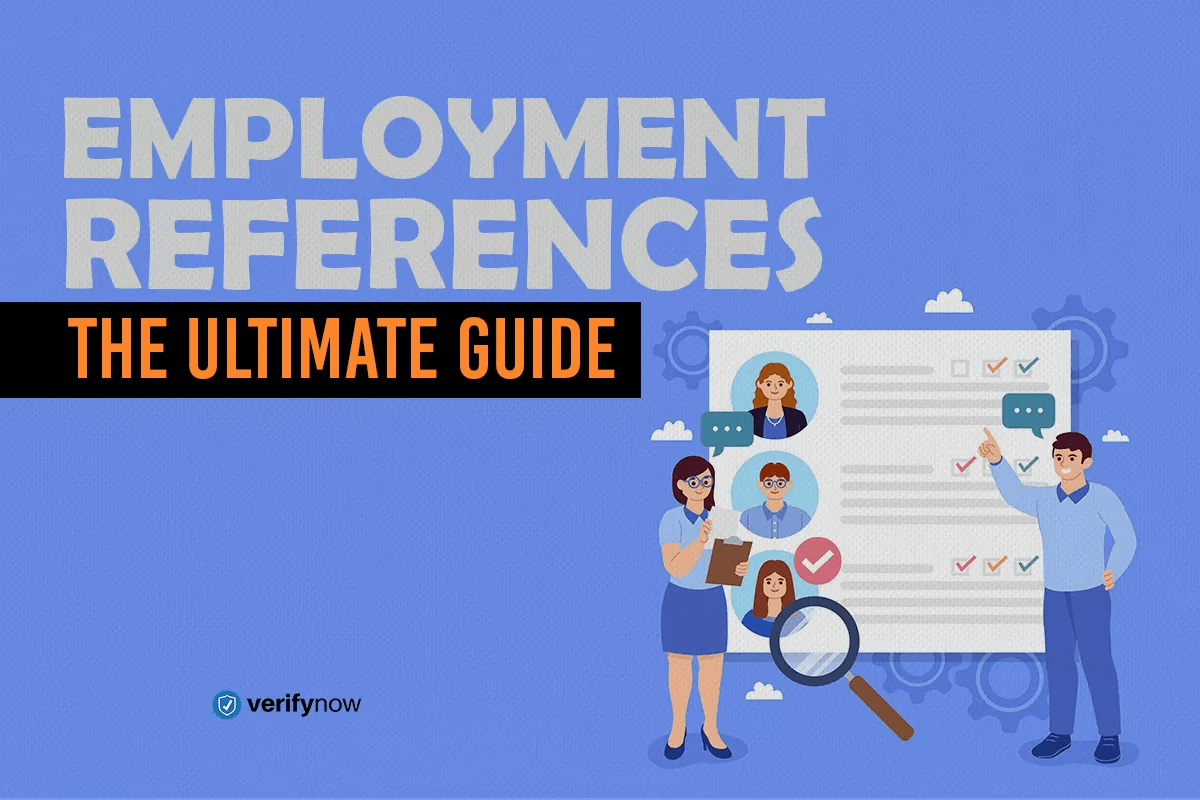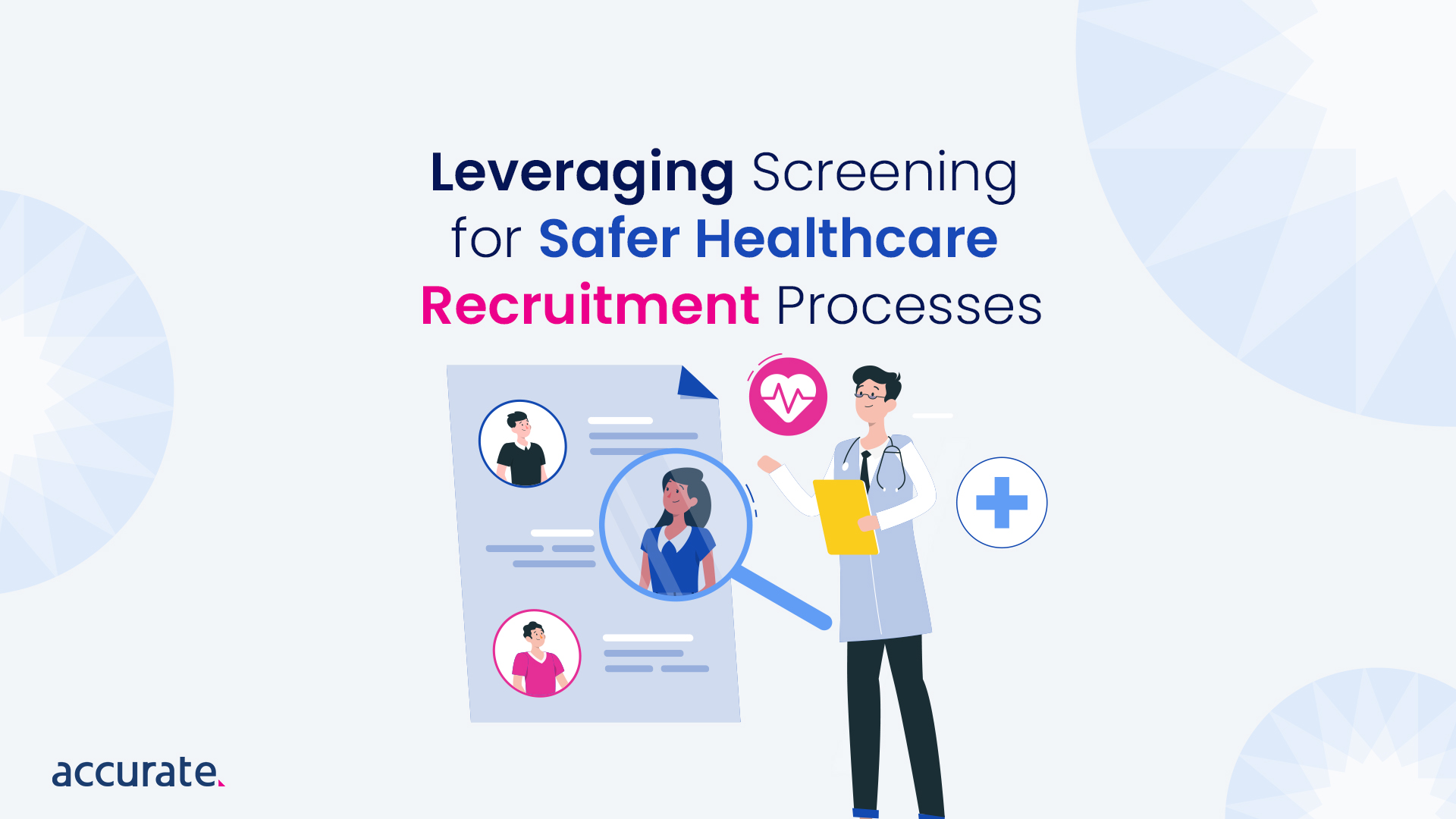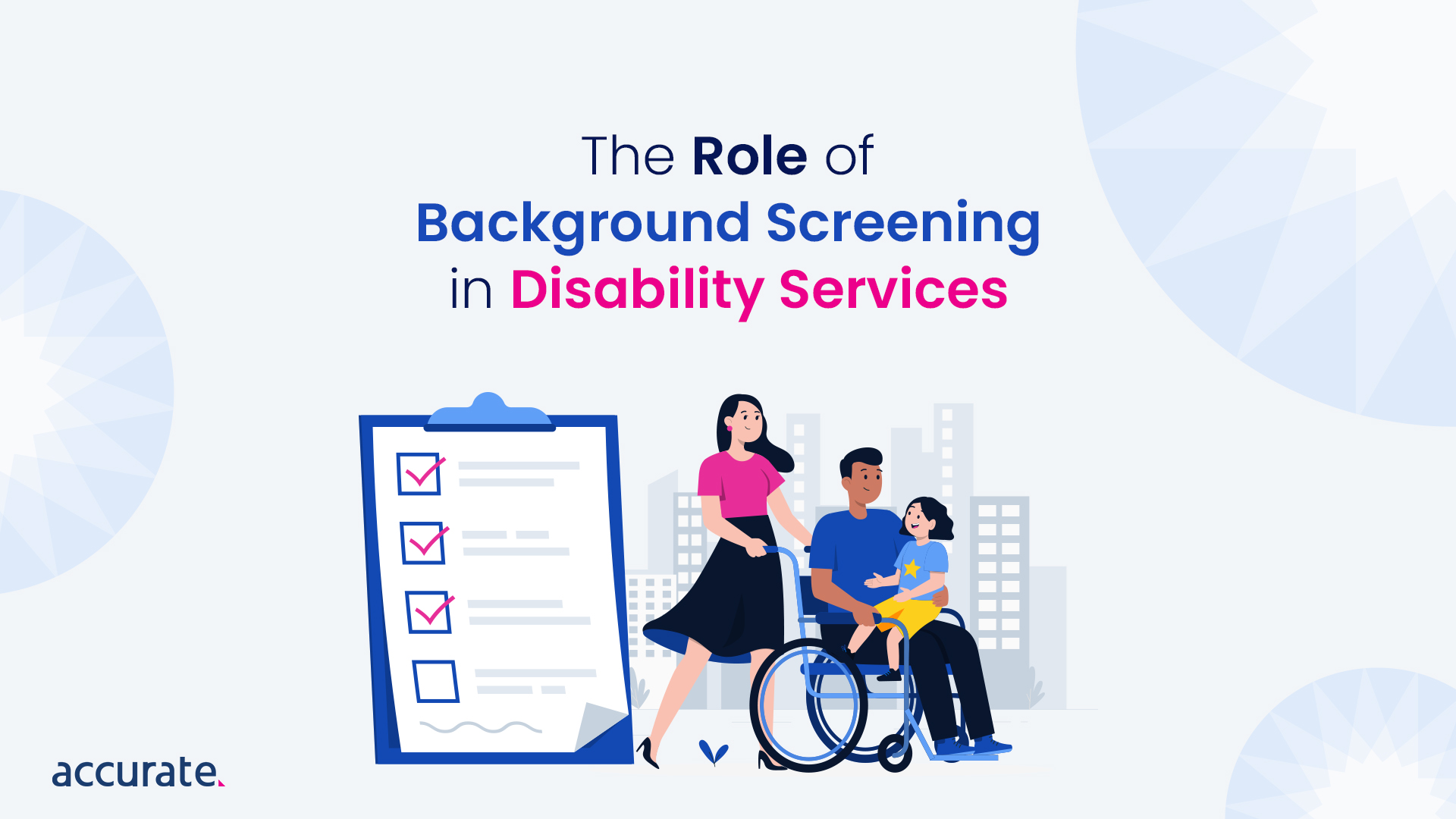Congratulations, you’ve found the perfect candidate for your open position – their qualifications, skills, and experience are precisely what you’re looking for, and you’re eager to get them started as soon as possible.
However, before you make a job offer, there’s one crucial step you need to look into: checking their employment references.
Employment references provide valuable insight into a candidate’s work history, performance, and potential fit within your organisation. It’s a critical step in the hiring process that can save you time, money, and potential headaches down the road.
In this ultimate guide to employment references, we’ll explore everything you need to know about reference checks, including why they matter, how to conduct them effectively, and what to do with the information you gather.
We also address how job seekers can ask for a character reference and how to navigate potentially negative references.
So, whether you’re an employer requesting a reference, an employer asked to provide references or a candidate requesting their own reference letters, there is something in this guide for you.
What are Employment References?
Employment references are a vital part of the hiring process that involves contacting individuals who can vouch for a candidate’s qualifications, work ethic, and character. These individuals can include former employers, colleagues, supervisors, professors, and mentors.
A letter of reference will offer a firsthand account of a candidate’s past work experience, job performance, and personal attributes that are difficult to glean from a resume or the interview process. They help employers assess whether candidates are a good fit for the role, the company culture, and whether they will perform well in the position using specific examples of previous roles.
There are several types of employment references, including character references, professional references, academic references, and personal references. Each type provides a different perspective on the candidate, such as their key skills and relationships with co-workers, and can help employers make a more informed hiring decision.
For example, character references typically come from personal acquaintances, such as friends or former colleagues, who can speak to a candidate’s qualities, such as honesty, reliability, and work ethic.
Past or current employers typically provide professional references, which offer insights into a candidate’s job performance, skills, and work habits. And former professors or instructors can provide academic references, which you would request for candidates who have recently completed their education or are seeking entry-level positions.
Example
John is a hiring manager at a marketing firm, and he’s considering hiring a candidate named Sarah for a marketing coordinator position. John requests references from Sarah’s previous employers as part of the hiring process.
One of Sarah’s references is her former social media marketing agency supervisor. During the reference check, the supervisor provides positive feedback about Sarah’s work ethic, attention to detail, and ability to collaborate with team members. She also notes that Sarah consistently met or exceeded performance expectations and was highly regarded by clients and colleagues.
This reference allows John to gain valuable insights into Sarah’s past work experience and performance. As a result, he feels confident that Sarah is a strong candidate for the marketing coordinator position and ultimately decides to offer her the job.
Legal Considerations for Employment References
While employment references are a valuable tool for the recruitment process, there are some legal considerations you must keep in mind when using them to make a hiring decision or when giving them to other employers so that they can make a hiring decision.
Employers have a duty of care to provide accurate and honest references that do not cause harm to the employee or the prospective employer. Providing misleading or false information could result in legal action against the employer for defamation or negligent misstatement. Employers must also comply with privacy laws when disclosing personal information about the employee.
According to Fair Work, employers can disclose personal information about the employee’s employment without breaching Commonwealth privacy laws, but they should still seek the employee’s consent. They also advise that revealing private information about the employee, including their medical history, is generally inappropriate to avoid violating privacy laws.
There are potential risks and liabilities for employers when providing references.
For example, suppose an employer provides a negative reference that is false or misleading. In that case, they could be held liable for damages resulting from any harm caused to the employee’s career prospects or reputation. Similarly, if an employer fails to disclose relevant information that harms the prospective employer in getting a new job, they could also be held liable.
So, taking reasonable care is essential when preparing and providing a reference.
To avoid any legal risks, employers should focus their comments on the employment relationship when providing a reference. This includes the employee’s skills, performance, conduct, and length of employment.
Employers should also consider creating a policy on employment references that includes circumstances where references will or won’t be given, the form of reference, and the process for requesting a reference and consent form.
Requesting Employment References
When requesting a reference, provide the referee with the candidate’s name, job title, and a brief description of the role they are considering.
Prospective employers should request referees to provide information about the candidate’s job performance, skills, and work habits. It’s generally best to ask open-ended questions to allow the referee to provide a comprehensive reference. However, if there are specific questions you would like to ask, make sure to include them as well.
You can follow up on reference requests if the referee hasn’t responded within a reasonable time frame. For example, consider calling them if it was an email request – they might be able to answer the questions over the phone.
This probably goes without saying, but it’s also a good practice to thank referees for their time and provide feedback to the candidate based on the reference provided.
Providing Employment References
As a former employer providing an employment reference, it is crucial to ensure that the reference is accurate and fair. Begin by confirming your willingness to give a reference and asking for consent from the candidate before disclosing any personal information.
When writing a reference letter, being positive, honest, and specific is essential. Use examples from the candidate’s work experience to illustrate their skills and work habits. Avoid vague or overly general statements and focus on the candidate’s strengths.
Include your contact details, company name, and address in the letter.
Finally, proofread the letter for any errors before submitting it to the hiring manager.
For the Candidates on the Job Search
If you’re a job seeker looking to land your dream job, it’s important to understand the ins and outs of employment references and how they can impact your job search.
Asking for an Employment Reference
When asking for employment references as a job seeker, you should approach the process professionally and tactfully.
Start by identifying potential references, such as a previous employer, former supervisor or colleague who can speak to your work experience, skills, and character.
When you’re ready to request a reference, reach out to each potential reference individually and provide them with the necessary information, such as the job you’re applying for and your resume. Make sure to give your references ample time to provide feedback and follow up with them as necessary while respecting their time and availability.
Additionally, remember that requesting references from former employers should be done with care and consideration. Before reaching out to a former employer, ensure that you have a positive and professional relationship with them, and be sure to express gratitude for their willingness to provide a reference.
You can increase your chances of success by approaching the reference process thoughtfully and respectfully. To make their life easier, it may help to offer a reference letter template for them to use.
Navigating Negative References as a Job Seeker
Navigating negative references can be a challenging experience for job seekers. If you suspect a reference may be negative, try to identify the cause of the negative feedback and prepare a strategy to address it.
Consider speaking with the referee to discuss concerns or clarify misunderstandings. You can also ask a trusted colleague or mentor to provide a positive reference or consider providing additional references that can offset the negative feedback.
If you believe the negative reference is inaccurate or defamatory, you may seek legal advice to determine if you have grounds for legal action.
Remember that staying professional and maintaining a positive attitude during the job search process is crucial.
Alternative References
While job references from former employers are often the standard, job seekers may also want to consider exploring alternative reference options to booster their job applications.
A personal reference, such as from friends or family members who can speak to your character and work ethic, may be a viable option for those with limited work experience or looking to showcase their strengths.
A volunteer character reference can also be a valuable way to demonstrate skills and experience, particularly for those with volunteer experience relevant to the job they’re applying for.
Academic references, such as professors or instructors who can speak to your academic performance and skills, are also a good option for recent graduates or those with limited work experience.
While alternative references can provide additional perspective on a job seeker’s skills and abilities, you should use them thoughtfully and strategically. Hiring managers may give less weight to alternative references than employment references, so it’s important to choose references who can speak to your relevant skills and experience and ensure they are professional and credible.
Key Takeaways
From an employer’s perspective, providing and requesting employment references is crucial to the hiring process. It helps verify a candidate’s qualifications and provides insight into their work ethic and character. However, employers must be aware of the legal considerations surrounding references and ensure they provide accurate and fair feedback.
From an employee’s perspective, obtaining positive employment references can greatly enhance their job prospects. Job seekers should proactively request references from previous employers and navigate any negative feedback they may receive. Alternative connections, such as professional contacts or volunteer experience, can also be beneficial.
If you’re an employer looking to streamline your reference-checking process and ensure you’re making informed hiring decisions, consider partnering with Accurate Australia. Their comprehensive screening services can help you obtain accurate and reliable employment references quickly and easily.
Contact Accurate Australia today to learn more about their services.



